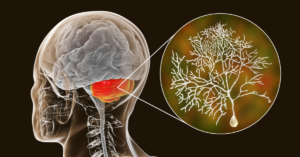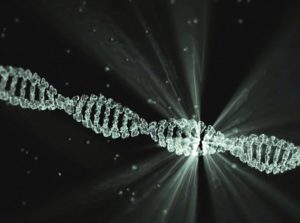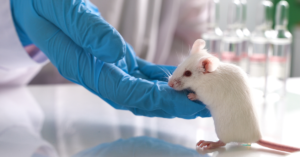
Uncovering the Impact of Toxic RAN Proteins Produced by CAG Repeat Expansions
Written by Tala Ortiz Edited by Dr. Larissa Nitschke Repeat-associated non-AUG (RAN) translation in CAG repeat expansion diseases is toxic to cells and causes them to die. The Jain group found that RAN proteins and expanded RNA can be found in the same location in cells and interfere with essential Read More…


















